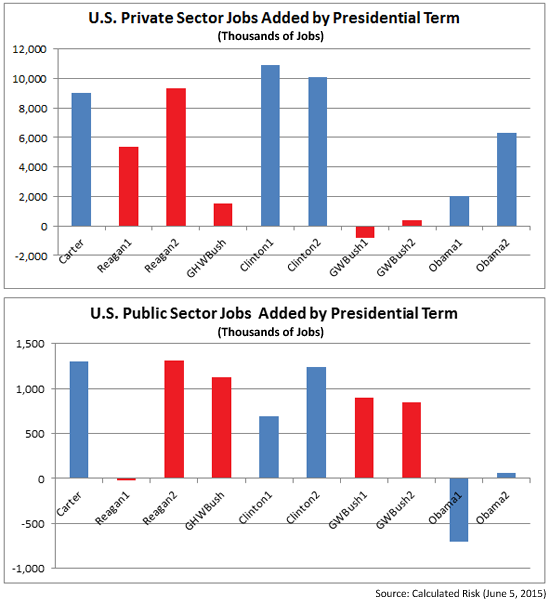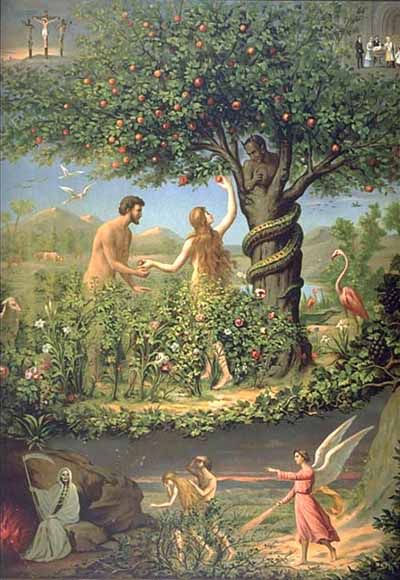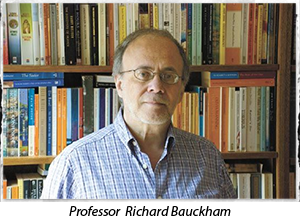
This came up for me on CARM once,when someone made an argument trying to show God is would have to create brute facts. Ohter atheists chimed in saying God w would be a brute fact.
The meaning of the controversy is the difference between Paul Tillich's view of God as being itself, and the atheist understanding that "the universe just is." Tillich said that if we know that being has depth that it's not just "surface only" then we can't be atheists (Shaking of the Foundations, chapter seven). The atheist understanding has long been their answer to arguments like the cosmological argument. When theists divide up mobes of being into necessary and contingent,the atheist merely says "well what if being just is, it has no meaning or reason for being its' just there?" Of course that's a possibility but it doesn't answer the question, and saying it doesn't make the depth we can see in being go away. What is meant by "depth" of being is that there more to being than just the surface fact of things existing. That's what the concept of "the universe just is" tries to convey, the idea of no reason, not no scientific cause necessarily although they do sometimes try to say that too. These are two totally diametrically opposed understandings. The atheist view says being just is, no reason, nothing to consider or worry about, it's just there for no reason, absurdity. The theists seems more to the nature of being than meets the eye from the surface level. There has to be more to it than just the fact of things existing.
The cosmological argument, for example has different versions, but in generally all CA's assert that there must be final cause to account for the existence of the whole of reality. The atheist's often counter this final cause with an infinite series of contingent causes such as the oscillating universe of big bangs and big crunches. This is called an ICR (infinite causal regression). The atheist asserts that the universe just happens to be for no reason and it's made up of a series of little universes that come in and go out of existence. The whole chain, contingent though it may be (some deny validity of the category "contingent") passes on existence to the next version in the form of a big crunch that then expands again in another big bang. Some argue that the crunch (contraction of gravitational forces) becomes a blck hole and "punches out" the other side as a new big bang. This is not the only mechanism for ICR. They also posit the notion of quantum tunneling and string membranes. The oscillating universe, however, is the most popular form of ICR becuase it's the only one with proven potential, even though the evidence disproves it (scroll down to (2) Cyclical Universe). As ICR for origin of the universe quantum tunneling invovles self causation where the singularity, or some original element or fragment of reality keeps tunneling back to cause itself at another point in time. This would involve being just having no logical origin but causing itself over and over eternally. String membrane in the sense of ICR is more or less the idea of a floating dimension just drifting along, bashing into another floating dimension and causing a third dimension. Since it posits the idea of a dimension just floating for no reason (2 actually) why bother with the mess? Why not say the universe needs no origin?
There's no absolute proof in any of this. If we want to get technical there's no actual proof that we are even living in a state of "reality." We assume the reality of the world, and thus our ability to study it and formulate hypothesis that "explain it" but if we want to start special pleading about explainations we don't like and just asserting the unproved nature of origins to hedge bets on those we do then we cant' be too picky when the other guy calls our bluff and says "now it's the skeptic's burden of proof." Why? Because presumption is on the side of explainations. Science assumes we need them. No one ever hears a scientist say "we don't need to explain that, let's forget it." The problem is atheists fool themselves. They demand science so much when they need to reach back to philosophy (Kant--the question about brute facts begins with Kant) it's reaching beyond science to philosohpy, which most atheists condemn anyway. There's a loss of credibility there. More importantly, they have already promised explainations then special plead and say "we don't need them in this area." Hey, for religious experiences we need them and they must be naturalistic!
The idea of "the universe just is," in philosophical terms is called a "brute fact." It means there is no reason it' just there. The problem with brute facts is that philosophers usually avoid them excusable they are meaningless, they are provoking and they beg the question. They are not satisfying. As stated, the explainable has been established as the proper procedure for dealing with unknowns, yet in this one reach of the metaphysical nature of being they are willing to just let it go. It's a true case of special pleading. The unsatisfying nature of the brute fact is set off against the basic intuitive sense of being meaning one finds in the question of existence. Meaning is part of the depth of being and we sense the depth of being in even asking the question "where did it all come from?" The issue seems like an arbitrary stand off, either there is a reason or not. Either there is meaning or not. We can't really tell why think there is when the only thing that we can be sure of is the blind random existence of what is? The scietnific evidence does suggest bind random accident and evolution.
The problem is the brute fact in terms of ICR or universal origin is just made up of contingent things. The states of bang and crunch that make up the oscillating universe, for example, consist of constituat parts such as space-time, gravitational field, and naturalistic things. Naturalistic things are contingent. To posit the whole totality of all universal meaning, eternal truth, the nature of all that is upon a meaningless happenstance that just happens to be, while everything else about existence requires explaining and implies something greater than itself (such as truth) creates a state of dissatisfaction. If we are disatisfied metpahyically we have the right to question that state. ICR and brute facts don't answer the questions we ask. The atheist is content to lose the phenomena and pretend there is no meaning and no answers but in so doing is no better off or no more intellectually justified than the faithful making excuses about "no one knows the mind of God." There is a deciding factor or two and they are a prori part of the basic fabric of the question. There's an aspect to the nature of the contingent happenstance that makes up the brute fact of existence that suggests depth of being in a greater sense.
The eternal and necessary nature being suggests the distinction between being as a brute fact and being as depth. The very mechanism the atheist seeks to ply aging final cause is the disproof of the brutish nature of fact. To explain this I must explain the difference in my CA and that of others. For example the Kalam argument is a version of the CA. This says anything that beings to exist needs a cause. That argument, therefore, turns upon the nature cause. Thus arguments about Kalam revolve around efficient cause in nature, and thus ICR (if allowed to stand) is a valid answer. ICR contains cause even though it means an endless series of meaningless cause the whole of which cannot be explained, our own particular universe has its cause then in the previous big crutch and it's blowing back out as a big bang. My version of the CA, however, the Argument from Cosmological Necessity doesn't turn upon causes but upon attributes of God. The argument turns upon demonstrating that the attributes that make up the God concept already exist and are known to us as aspects of reality, thus it's just a matter of understanding their relation to being we can see that they spell out something deep inherent meaning in being that disproves brute fact. After all if being has a deep inherent meaning it can't be a brute fact, that is a prori truth. The deciding factor is the eternal nature of being. There is another version of the argument that turns upon theeternal nature of being.
The reason it's not a moot stand off between the two concepts is because the ICR itself has to be eternal. the individual aspects of the regression that move from one universe to another are contingent and temporal, but the whole string in so far as it must stretch back eternally is both eternal and infinite. Both states evoke the sense of the numinous. That means it's a fit object of worship because anything that evokes the sense of the numinous is a fit object of worship since that state is the very reason religion exists in the firs place. That's what worship is, its the nature being moved by the sense that there is something profound and special in being. The atheist protest that "the universe just happens to be" is self negating becuase it's eternal and infinite nature suggest the quality of the numinous and are thus more in and of themselves than they perpetual to be. That in itself is depth of being. In seeking to posit the whole they actually must suggest something that triggers religious devotion and thus prove the depth nature of being.
Atheists logically should have to support the concept the universe moving from a state of absolute nothing. This is because the ICR just moves the problem back eternally but never really confronts the issue of origins anyway. Since the atheists affirm the idea of brute fact, meaningless accident, irrational existence, and so on they should actually just take their lumps in abandoning ratinoal explanations. This is not all there, however, the issue is not a done deal. We can't just leap from eternal being triggers the sense of the numinous to "therefore God is real." We have to deal with the other attitudes. Even though they all actually flow out of the eternal nature of being, necessity is the more independent one of the lot. The attrubites I emphasis are:
Eternal
necessary
ground of being
first cause
I am also challenged by atheists constantly to include "consciousness" or "personal being." There is no necessity in theology to assume God is personal. Even though I do assume so that is not a priamry quality because other things are personal as well. I'm concerned with the qualitaties that make God God and that God can't share with anything else. Whatever is eternal is by definition necessary (at least ontologically so) because it's not dependent and can't cease to exist. Nothing else really is necessary in the sense that God is (totally, no nature as the effect of a prior cause), so these are primary qualities. If there is eternal necessary being then by definition it is the ground of being. That would only be logical to assume that it is the first cause since nothing else is on a par with it ti would be the best candidate to assume that all else has it's origin in that which is eternal and necessary.
That brings us to the issue of necessity. This is a very important issue because the whole about ICR includes a large part about necessity vs. contingency. That will be discussed on Monday.



